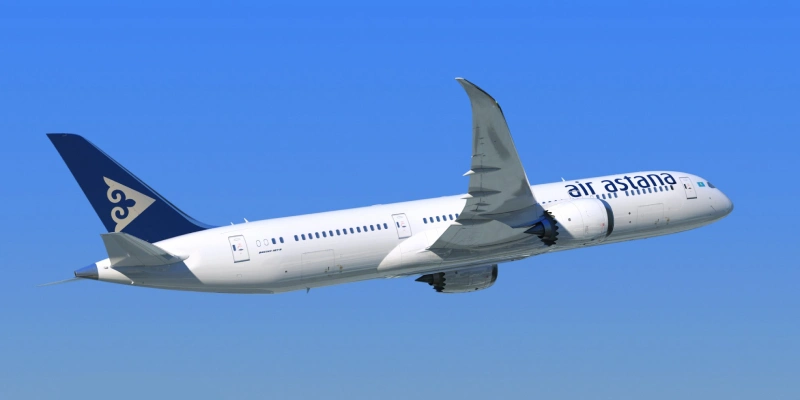The coronavirus crisis that has wrecked airline activity worldwide weighed down Airbus’ financial results in 2020, which posted a loss of 1.133 million euros, 16.8 percent less than the 1.382 million it lost in 2019.
See also: Airbus delivers 21 aircraft in January and receives no new orders.
The European aeronautics group, therefore, improved its net result due to the fact that in 2019 it included in its accounts several exceptional provisions, such as fines and negative extraordinary results for the A400M military transport aircraft program, EFE reported.
The evolution of its ordinary activity in 2020 is reflected in the net operating income (Ebit), which went from 1.339 million euros in 2019 to a loss of 510 million euros the following year.
See also: Air France and Airbus are requested to prosecuted for crash flight AF447.
The main reason is to be found in what is by far its main business: the sale of civil aircraft. In a year in which commercial aviation activity plummeted by 66% worldwide, Airbus delivered 566 aircraft, compared with 863 a year earlier.
The shock was even harsher in terms of net orders won (discounting cancellations), down from 768 in 2019 to just 268.
In April, Airbus had had to announce a series of adjustment measures to adapt its production to the new reality and in June these adaptations turned into a restructuring plan to cut 15,000 jobs in the commercial aircraft division.
In addition to these 15,000, 2,000 additional job cuts had been planned since February (before the effects of the pandemic were felt).
CEO Guillaume Faury explained on Thursday that the restructuring plan had made progress. By the end of 2020, solutions had yet to be found for the 7,500 people concerned in negotiations with employee representatives.
This includes relocations within the company itself, which will also depend on the investments in research and development (R&D) that governments may make in the European group’s programs.
Last year, the restructuring involved a financial burden of 1.202 million euros.
Faury insisted on messages of caution about the current situation and the near future because “the pandemic is not over” and will continue to be a reality at least for a good part of 2021, a year in which “many uncertainties” are looming.
The head of Airbus does not expect a recovery in the aviation market until 2023-2025. This will depend not only on the epidemic evolution, but also on the travel restriction measures taken by governments and the way – more or less coordinated – in which they are lifted.
For a start, the European aircraft manufacturer is counting on remaining at a level of aircraft deliveries this year equivalent to that of 2020 because – in Faury’s words – “they are limited by demand”.
Along these lines, he confirmed that the increase in the production rate will be, as the company had warned in January, slower than initially anticipated and will only affect the production of single-aisle aircraft, as the market for large models – used for long-haul flights – will still take longer to take off.
In the single-aisle A320 family, it will take until the third quarter to go from 40 aircraft leaving the assembly lines each month to 43, and in the fourth quarter the rate will rise to 45 each month.
Another sign of the prudence in the projections is the adjusted Ebit target for this year, which remains at 2 billion euros, after the 1,706 in 2020 and especially the 6,946 million in 2019.
The markets reacted with some disappointment to the results and in particular to Airbus’ targets. Its shares were down more than 3% at the opening of the Paris Stock Exchange and were down more than 3.5% at mid-session.
Among the good news in Airbus’ 2020 income statement is the performance of its two smaller divisions, helicopters and defense and space.
In contrast to the negative 1,794 million euros of Ebit in commercial aviation, in helicopters the net operating income rose by 10 % to 455 million. In the defense and space business, Ebit went from negative €881 million in 2019 to positive €408 million in 2020.
Related Topics
Air Astana Finalizes Largest Order in Its History: Up to 15 Boeing 787 Jets
Boeing to Inaugurate Fourth 737 MAX Production Line in Everett by Mid-Year
Boeing Starts Year Strong: Outpacing Airbus in Deliveries and Orders During January
Saudi Arabia Prepares Mega-Order: Boeing and Airbus Compete for Over 150 Aircraft for Saudia

Plataforma Informativa de Aviación Comercial con 13 años de trayectoria.




